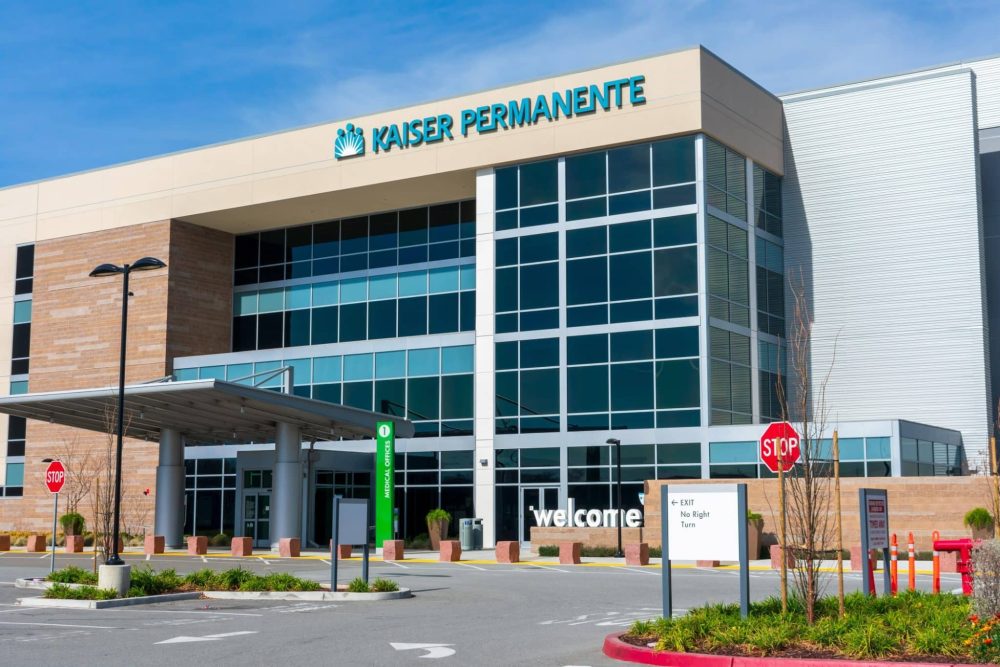More than 75,000 Kaiser Permanente healthcare workers have started a three-day strike.
The walkout began on Wednesday, October 4, and could lead to delayed appointments, lab results, and prescription fulfillment, especially in California.
Those participating include X-ray technicians, receptionists, medical assistants, sanitation workers, and pharmacy staff.
Read More: Kaiser Permanente Workers To Strike For Pay And Benefits
They play crucial roles in Kaiser’s numerous hospitals and outpatient clinics.
Doctors and many nurses are not partaking in the strike.
But Kaiser officials warned about the postponement of non-urgent procedures like colonoscopies and mammograms.
Moreover, the strike could reduce clinic hours and extend customer service wait times.
Several sites, mainly labs in Anaheim, San Diego, and other parts of California, have temporarily closed, while others operate with reduced hours.
Read More: Las Vegas Hospitality Workers Authorize Strike Against Resorts
There have been no significant disruptions reported in healthcare services so far.
Hospitals, emergency rooms, and hospital-based pharmacies remain open
Kaiser has said that its hospitals, emergency rooms, and hospital-based pharmacies will remain operational.
The firm provides health coverage to 13 million individuals across eight states.
The widespread strike represents a major departure from its historically cooperative relationship with employees.
The walkouts could be be the largest strike by healthcare workers in recent US history.
Looking to boost your online brand? Create your FREE business profile at WhatBiz? here.
While negotiations continue without reported progress, Julie Su, the acting secretary of labor under the Biden administration, has been involved in talks between both sides in San Francisco.
The frustrations of healthcare workers nationwide have intensified, mainly due to staffing shortages and burnout brought to the forefront by the pandemic.
Need Career Advice? Get employment skills advice at all levels of your career
Strikes among healthcare workers have occurred in multiple states this year, including California, Illinois, Michigan, and others.
A tight labor market has encouraged many unionized workers, leading to labor actions in various industries.
It includes the recently averted strike at United Parcel Service and ongoing picket lines among autoworkers.




